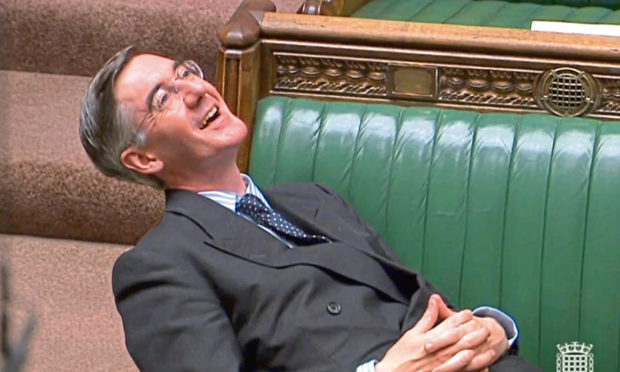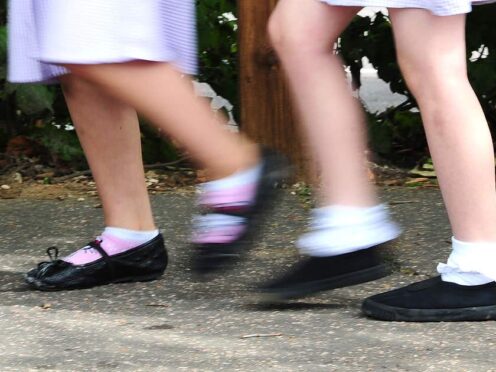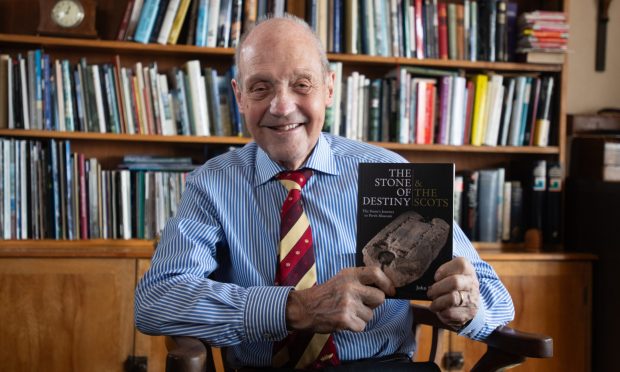If the European Union grants an extension to Brexit, it looks likely we will have an election.
The hope is that voting will change things. That might be an illusion.
The coming election may change nothing and could make things worse.
This parliament is called dysfunctional. That stems from the Brexit impasse, including a hokey cokey on whether to have an election.
It could also be called functional – it has done what the chamber is meant to do. It has held the executive to account and acted in the people’s interests.
When Theresa May or Boris Johnson have wanted to force things through, the Commons has said “No”. With the nation split on the wisdom of Brexit, the Commons has reflected that divide.
Brexit is embarrassing for the world’s sixth-largest economy – the ignorance of the process, the shambolic thinking, the lack of rigour, the damage to the post-war world. Parliament has been lumped into this sense of shame. This is wrong. The Commons has been baffled because the situation is baffling.
Even the latest move – to approve the Withdrawal Bill but rejig the timing of debate –makes sense. It is caricatured as a confusion, but is not. It is a reasonable thing to do when assessing such an important Bill, knowing the EU will most likely extend the time.
This is not the same as saying this has been a great session. The slump of Jacob Rees-Mogg across the front bench sums up a chamber that has become tired. But it is not a failed one either.
The idea is an election will change things. Log jams will break. Refuseniks will play along. Clarity will come.
Maybe, but it’s not clear how.
It looks like we go into an election with Boris Johnson having a deal which has passed one reading in the Commons, but which has been extended in its delivery.
The polls show that the Tories are ahead of Labour in England by a good margin, about 14 points.
Thus the assumption is the Tories will win and Boris is back in Downing Street with a majority.
Cue log jam/refusenik/clarity sequence.
However, that is one of many possible outcomes.
In Northern Ireland, where none of the UK big parties stand, we might have expected a dip in support for the DUP, blamed by local voters for putting ideology before realism.
However, now we have a deal to scrutinise, Northern Irish unionists may swing back to the DUP, unsatisfied by the fine print.
Johnson’s dealing with the DUP highlights his unreliability, his slipperiness. This may have an effect on the traditional Tory vote in England. The home counties may move towards the Liberal Democrats.
There is already evidence of this shift, with the Liberal Democrats scoring in the high teens in opinion polls, a recovery from single figures only a few years ago.
Mind you, the Liberal Democrats’ “revoke and forget” policy on Brexit might damage its chances – it is a markedly non-democratic policy to take into an election, and won’t stand up to the scrutiny of a campaign.
Labour’s chances look weak under Jeremy Corbyn, polling about the level of the Liberal Democrats. The modern phenomena of promiscuous voting, where party loyalty is dead, is real, but it’s a big ask for traditional Labour seats in the north to switch from red to blue.
Which is where the Brexit Party comes in. Nigel Farage is a threat to both Labour and Tory.
Johnson’s deal is not what fanatical Brexiteers want, and it suggests that no-deal is no longer an option. That gives plenty of gristle for Farage to chew on, and to whip up support from disaffected citizens.
As for Scotland, the SNP will sweep the board. Yet it might be a fragile victory.
An election will expose the level of disappointment with the nationalist party.
The true believers in Indyref2 will grumble, but not as loud as the progressive wing who grow tired of the party’s caution on policy. Scotland will vote SNP because it has no alternative.
The result? The next parliament might be just as split as this one. The Tories may rely on Brexit Party MPs for a majority, which will mean the Brexit deal may die. Labour, the Liberal Democrats and the SNP might form some coalition, but it’s hard to see that could hold. Jo Swinson is adamantly against an indyref, Nicola Sturgeon insistent on one.
A Labour-SNP coalition also looks shaky – if Labour say “Yes” to Indyref2, they effectively put a time limit on the coalition. That is, if “Yes” wins, then Labour would be without a working majority when SNP MPs quit for Edinburgh.
The UK has not had a decisive general election since 2005, when Labour won. Since then, elections have resulted in coalitions or a fragile majority.
The idea that the next general election will clear things up is not credible, and oddly old fashioned given recent history.
We are in an unstable age, when democracy itself offers little comfort. Still, there’s always Christmas to look forward to.






